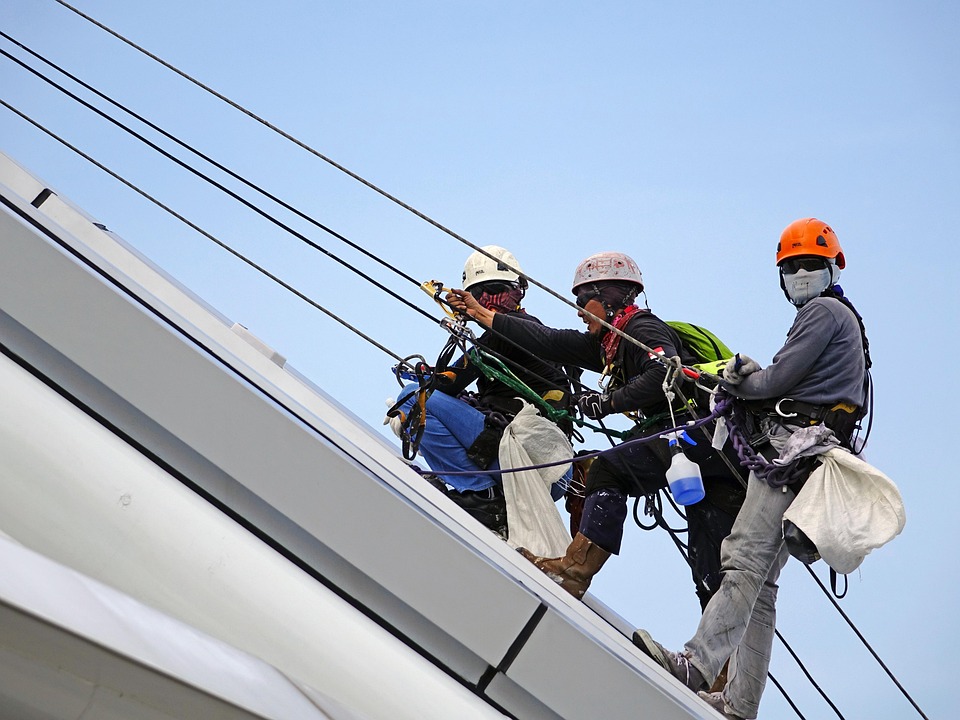In today’s fast-paced world, traveling has become an essential part of our lives. Whether it’s for work or pleasure, exploring new destinations and experiencing different cultures can be incredibly rewarding. However, it’s important to prioritize your health and safety while on the road to ensure a smooth and enjoyable journey. In this article, we will discuss some essential travel health tips to help you stay well and safe during your next adventure.
Heading 1: Why Travel Health is Important
Traveling to new destinations exposes you to different environments, climates, and cultures, which can have an impact on your health. From unfamiliar foods and water sources to insect bites and exposure to new diseases, there are various factors to consider when it comes to staying healthy while traveling. By taking proactive measures and following essential travel health tips, you can minimize the risk of getting sick and enjoy a worry-free trip.
Heading 2: Plan Ahead and Do Your Research
Before embarking on your next adventure, it’s crucial to do your research and plan ahead to ensure a safe and healthy journey. Research the destination you will be visiting, including any health risks or safety concerns you should be aware of. Check if there are any travel advisories or warnings in place, and familiarize yourself with the local customs and healthcare facilities available in the area.
Heading 3: Get Vaccinated and Stay Up-to-Date on Immunizations
One of the most important steps you can take to protect your health while traveling is to make sure you are up-to-date on your vaccinations. Check with your healthcare provider or a travel clinic to see if there are any recommended or required vaccinations for the destination you will be visiting. Some countries may require proof of certain vaccinations before allowing entry, so it’s essential to plan ahead and get vaccinated well in advance of your trip.
Heading 4: Pack a Travel Health Kit
It’s always a good idea to pack a travel health kit with essential items to help you stay healthy while on the road. Include items such as over-the-counter medications for common ailments like headaches, stomach issues, and allergies, as well as first aid supplies like bandages, antiseptic wipes, and insect repellent. Don’t forget to pack any prescription medications you may need, along with a copy of your prescriptions in case you need to refill them while traveling.
Heading 5: Practice Safe Food and Water Hygiene
One of the most common ways travelers get sick while abroad is through contaminated food and water. To avoid getting food poisoning or waterborne illnesses, follow these essential tips:
– Drink only bottled water or water that has been boiled or treated with a water purification tablet.
– Avoid consuming raw or undercooked foods, especially meats, seafood, and dairy products.
– Wash your hands frequently with soap and water, especially before eating or preparing food.
Heading 6: Protect Yourself from Insect Bites
Insect bites can not only be annoying but can also transmit diseases like malaria, dengue fever, and Zika virus. To protect yourself from insect bites while traveling, follow these essential tips:
– Use insect repellent containing DEET or Picaridin on exposed skin.
– Wear long-sleeved shirts, pants, and closed-toe shoes, especially during dawn and dusk when mosquitoes are most active.
– Sleep under a mosquito net if you are staying in a place where mosquito-borne diseases are prevalent.
Heading 7: Stay Active and Practice Good Hygiene
Staying active and maintaining good hygiene habits while traveling can help boost your immune system and prevent illnesses. Make sure to get enough rest, exercise regularly, and eat a healthy diet to keep your body strong and resilient. Practice good hygiene by washing your hands frequently, using hand sanitizer when soap and water are not available, and avoiding touching your face with unwashed hands.
Heading 8: Be Prepared for Emergencies
Despite taking all the necessary precautions, emergencies can still happen while traveling. It’s essential to be prepared for unexpected situations by:
– Knowing the emergency contact information for local healthcare facilities, embassies, and emergency services in the area you will be visiting.
– Carrying a copy of your travel insurance policy and keeping important documents like your passport and ID in a safe place.
– Having a plan in place in case of a medical emergency, such as knowing how to get to the nearest hospital or urgent care center.
Heading 9: Conclusion
Traveling is an exciting and enriching experience, but it’s essential to prioritize your health and safety while on the road. By following these essential travel health tips, you can minimize the risk of getting sick and ensure a smooth and enjoyable journey. Remember to plan ahead, stay informed, and take proactive measures to protect your health while exploring new destinations. Stay well, stay safe, and enjoy your next adventure to the fullest!








